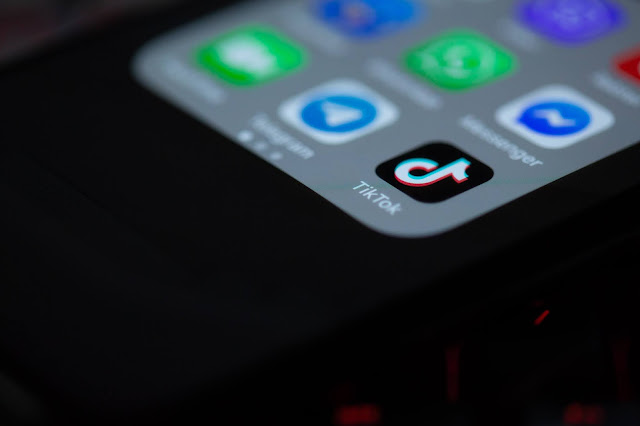I have a complicated relationship with social media, but one that is far from unique.
About once a year, I find myself on an anti-social media crusade, only to spend the rest of the year allowing it to slowly creep back into my life. I really do resent it – the way I can activelyfeel myself unable to pull away, even when I’m hyper-aware that it’s not making me happy. Have you ever closed an app, only to immediately reopen that same app? It makes you feel like a lab rat, sat in the same cage all day hitting the same “reward” button over and over. Especially during a pandemic, limited to the world between my four walls for the last 10 months, I’ve found it nearly impossible to entirely forgo scrolling away my time.
What I notice when I delete those apps, however, always surprises me. More than I ever could have conceived, the ever-so-subtle emotional manipulation involved in using these apps was lifted, and I realize the extent to which, without my knowledge, my technology was weighing me down.
Twitter angers me.
Instagram depresses me.
Snapchat makes me anxious.
None of them actually satisfy me.
As “Digital Natives,” my generation has an exceptionally hard time recognizing that burden; we’ve simply always lived with it. In my experience, when asked directly, the vast majority of them deny they feel it at all. If not, we easily reconcile the negatives of social media use with all the benefits that come with modern technology – of which there genuinely are so, so many. Very few, however, are even willing to try a period without it.
Photo by Solen Feyissa on Unsplash
I have yet to download TikTok, but it concerns me. With TikTok, you don’t have to touch the app to progress through videos. Interaction is barely even required for it to learn what you enjoy, with the app looking at a massive variety of your behaviors in and out of the app to determine what content will keep you on the app the longest. The comment I hear most often from new users is surprise at “how fast TikTok learned what I like,” and was able to start recommending related content.
Frankly – as crusty as this will make me sound – I really resent TikTok. There are a lot of reasons; the privacy violations, the rapid spread of harmful or false information to and by millions of minors, suppressing content from disabled, queer, and overweight creators – all of which exacerbated when the majority of your userbase are children, but my chief concern is less with the app itself, and more with the precedent TikTok is setting for all other social media platforms to come.
It’s well-known at this point that when any social media giant cracks the code on a fresh new formula to keep people addicted, you’ll see every other major player push out a strikingly similar feature. I’d wager the first example of this being done so obviously was when Instagram and Facebook ripped the concept of “Stories” from Snapchat – a feature that is now ubiquitously baked into every social app on the market. Once I saw the unstoppable momentum of TikTok in the industry, it was clear that it would only be a matter of time before every competitor would integrate their own equivalent. Without a doubt, this is what we’ve seen over the last few months – everyone from Instagram to YouTube implementing an algorithmically influenced, short-form vertical video feed that progresses automatically. It really does feel one step closer to living in Wall-E.
I’m aware that I worry about society probably more than is healthy, but it doesn’t help when these messy, unintended consequences are seemingly just accepted as “the way it is” by most of us. It’s addicting, it’s manipulative, it’s invasive, and it’s depressing – and we all seem to be fine with that! Luckily, even in the past year, I see more and more of my peers beginning to question their relationship with technology, though they are still overwhelmingly outnumbered by those who aren’t.
I think we have an opportunity to shape the future of the Internet in a way that will not only lead to less destruction, but a genuinely better world to live in. If we disincentivized data collection through regulation, held big tech companies accountable for the lives they affect, and each took the time to better understand the ways in which we are being manipulated, we may be able to break free of this spiraling spell society has come under. We have that opportunity, but we have to make that choice. Our future depends on it.


Comments
Post a Comment